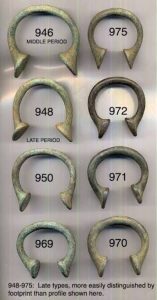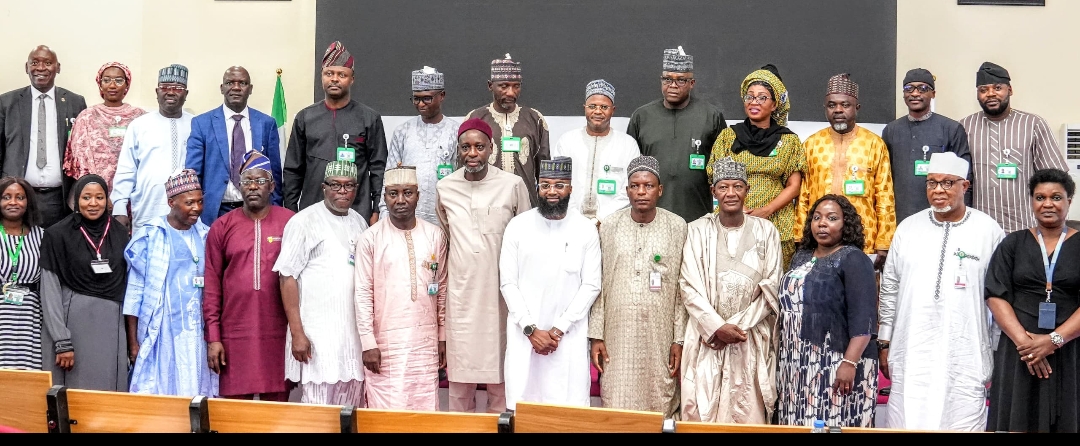The statistics that hover uncertainty around Africa are not ones that should make the continent proud. The World Bank has estimated that Africa could potentially hold 90% of the global poor population by 2030 (https://bloom.bg/2HDICAP) and has recently cut its economic growth (https://bit.ly/34xTWqY) predictions to between -2.1% and -5.1% in 2020 from the 2.4% of 2019.
The situation has been significantly worsened by the global pandemic, as the continent hits its first recession in 25 years. But this is not the picture that defines a continent that has long defied expectation and prediction. In fact, a young population, a growing consumption market, and the rapid movement towards mobile inclusion and connectivity are shifting the conversation. Africa is poised on the cusp of change introduced by mobile and internet technology.
Africa has undergone a remarkable journey over the past 30 years. It has not only leapfrogged legacy technology and systems into a more relevant future, but it has done so in spite of challenging circumstances. This is particularly relevant when it comes to mobile – the technology, the connectivity, and the financial inclusion. To date, according to the GSMA 2019 Mobile Money Report (https://bit.ly/31OA5SM), there are more than one billion mobile money accounts in Africa that account for 57% of mobile money transaction values. Over the next five years, also according to the GSMA (https://bit.ly/35J4XoT), it’s expected that 84% of Africans will have access to a SIM connection and that mobile payments will play a critical role in empowering individuals, businesses and the economy as a whole.
This is the principle that’s dominating the current approach taken by the World Bank (https://bit.ly/2Tsz0vk) in an effort to provide Africa with much needed support in the wake of COVID-19. The organisation is focusing on putting women at the centre of digital payment programmes and leveraging digital technologies to improve trade, government and resource management. This underpins the organisation’s focus on national payment systems (https://bit.ly/2TvJr13) that are secure, affordable and accessible as these are the tenets that underpin an economy that’s focused on financial inclusion and stability.
African payment solutions are critical to minimising fraud while improving the free flow of funds to boost business and economic activity. Payment technology that allows for individuals from all walks of life to manage their money securely is the equivalent of putting a bank into every person’s pocket. Digital payments equalise engagements while improving transparency and control over finances and business. They also empower the small to medium enterprises (SMEs), giving them greater scope for inclusion and access to customers and markets.
This has become particularly true in the current environment. Digital payments are now, more than ever, the key to unlocking business growth on the continent. The rigorous regulations put in place by African countries to minimise the impact of the virus have led to inventive approaches to shopping and living. Digital payment platforms are significantly safer than cash and are increasingly being leveraged by governments and organisations to improve customer access to resources and services.
According to a study released by McKinsey & Company (https://mck.co/2Gbe6xO) in June 2020, ‘innovation in payments should be one component of the industry’s response to the crisis’, and this should include promoting awareness of digital payments, partnering with other industries, and introducing new and relevant products.
In Africa, digital payments are more than just keys to open the doorways of financial inclusion, they are increasingly the steps that will take the continent out of recession and into a more dynamic and inventive future. This view is echoed by the investments made by the World Bank and organisations such as SWIFT and Bluecode Africa; programmes such as the African Continental Free Trade Area (AfCFTA), and the International Monetary Fund [IMF (https://bit.ly/3kAECQ3)].
Investments that include cross-border payment platforms increased commerce capacity, cost management, digital innovation, and the empowerment of individual, micro-enterprise and SME. It’s time to educate businesses and individuals as to the costs and risks of cash as opposed to digital. To showcase the value of digital payments in not just opening up new markets and opportunities, but in providing tighter cash flow control at a better price point than cash.
The continent may not be showered in stunning statistics, few continents are at this point in time, but it is hovering on the edge of a future that has the potential to transform poverty, business and e
Bluecode (www.BluecodeAfrica.com) is a mobile payment solution that combines cashless payments via smartphones with value-added services and enables payments with merchant and banking apps. Founded in Europe, Bluecode has now expanded into Africa. Bluecode Africa is taking mobile payments into markets where its value as a technology payment service and scheme can make a significant difference for retailers, SMMEs and in the everyday lives of consumers. Bluecode Africa is focused on driving economic growth in the productive economy by unlocking opportunity and business potential with digital transparency. For more information: www.BluecodeAfrica.com or email the Africa team at info@bluecodeafrica.com.
SOURCE
Bluecode
By, Murray Gardiner, MD of Bluecode Africa


















